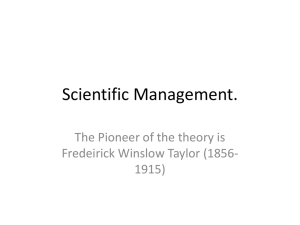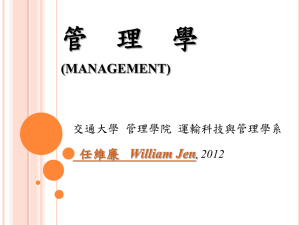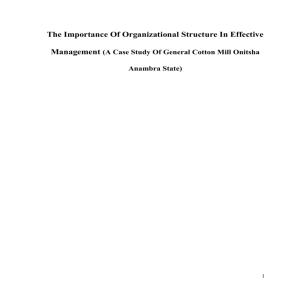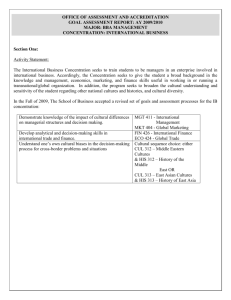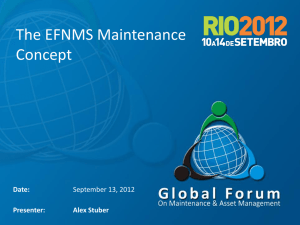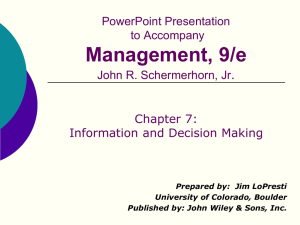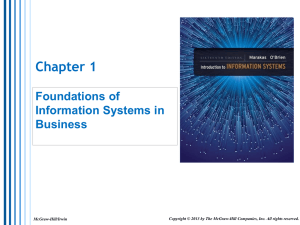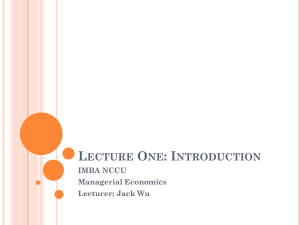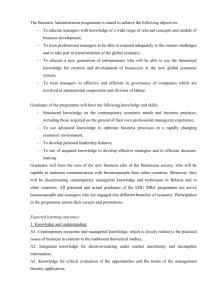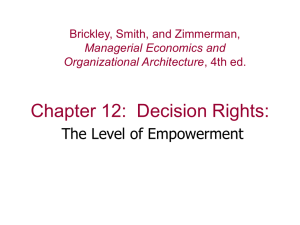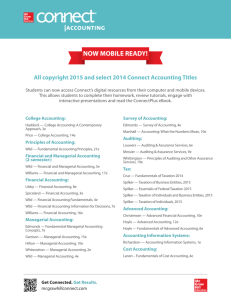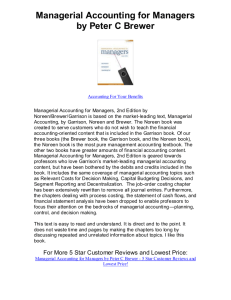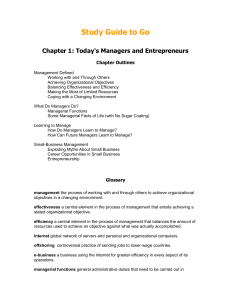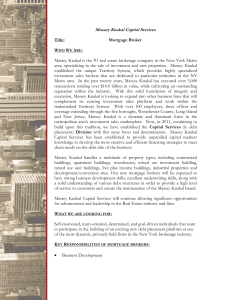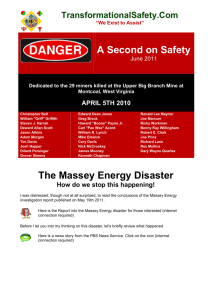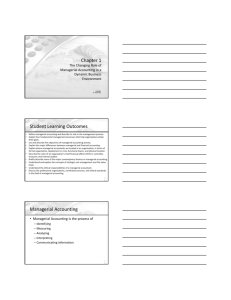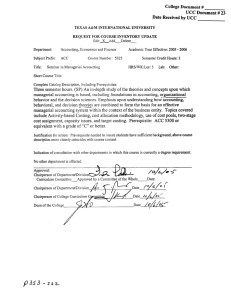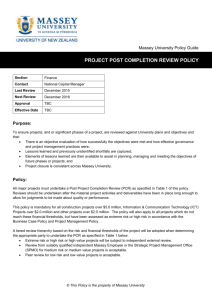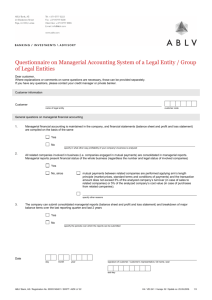Some thoughts on managerial leadership at
advertisement
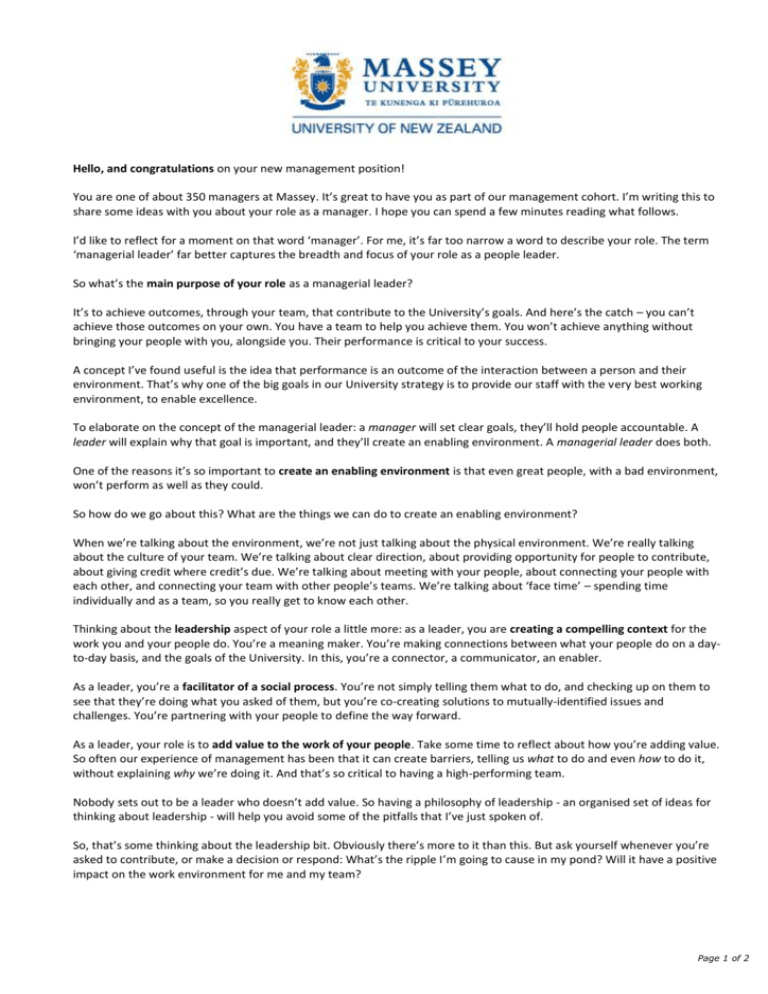
Hello, and congratulations on your new management position! You are one of about 350 managers at Massey. It’s great to have you as part of our management cohort. I’m writing this to share some ideas with you about your role as a manager. I hope you can spend a few minutes reading what follows. I’d like to reflect for a moment on that word ‘manager’. For me, it’s far too narrow a word to describe your role. The term ‘managerial leader’ far better captures the breadth and focus of your role as a people leader. So what’s the main purpose of your role as a managerial leader? It’s to achieve outcomes, through your team, that contribute to the University’s goals. And here’s the catch – you can’t achieve those outcomes on your own. You have a team to help you achieve them. You won’t achieve anything without bringing your people with you, alongside you. Their performance is critical to your success. A concept I’ve found useful is the idea that performance is an outcome of the interaction between a person and their environment. That’s why one of the big goals in our University strategy is to provide our staff with the very best working environment, to enable excellence. To elaborate on the concept of the managerial leader: a manager will set clear goals, they’ll hold people accountable. A leader will explain why that goal is important, and they’ll create an enabling environment. A managerial leader does both. One of the reasons it’s so important to create an enabling environment is that even great people, with a bad environment, won’t perform as well as they could. So how do we go about this? What are the things we can do to create an enabling environment? When we’re talking about the environment, we’re not just talking about the physical environment. We’re really talking about the culture of your team. We’re talking about clear direction, about providing opportunity for people to contribute, about giving credit where credit’s due. We’re talking about meeting with your people, about connecting your people with each other, and connecting your team with other people’s teams. We’re talking about ‘face time’ – spending time individually and as a team, so you really get to know each other. Thinking about the leadership aspect of your role a little more: as a leader, you are creating a compelling context for the work you and your people do. You’re a meaning maker. You’re making connections between what your people do on a dayto-day basis, and the goals of the University. In this, you’re a connector, a communicator, an enabler. As a leader, you’re a facilitator of a social process. You’re not simply telling them what to do, and checking up on them to see that they’re doing what you asked of them, but you’re co-creating solutions to mutually-identified issues and challenges. You’re partnering with your people to define the way forward. As a leader, your role is to add value to the work of your people. Take some time to reflect about how you’re adding value. So often our experience of management has been that it can create barriers, telling us what to do and even how to do it, without explaining why we’re doing it. And that’s so critical to having a high-performing team. Nobody sets out to be a leader who doesn’t add value. So having a philosophy of leadership - an organised set of ideas for thinking about leadership - will help you avoid some of the pitfalls that I’ve just spoken of. So, that’s some thinking about the leadership bit. Obviously there’s more to it than this. But ask yourself whenever you’re asked to contribute, or make a decision or respond: What’s the ripple I’m going to cause in my pond? Will it have a positive impact on the work environment for me and my team? Page 1 of 2 Let’s move now to the management bit. As a people manager, you’ll face a myriad of tasks that you need to undertake. You’ll recruit people, you’ll set performance goals for them, give them feedback, you’ll even have to deal with poor performance occasionally. You’ll do pay reviews, handle requests for annual leave, ask people to plan and take their annual leave. You’ll be dealing with requests for training, and thinking about the mix of skills in your team. Alongside this you’ll be setting up projects, managing your budget, maintaining relationships with numerous stakeholders, and contributing to other things within the University. The list can seem endless! So, to help us make sense of our role as a manager, and to keep it manageable and focused, we’ve created a three-part framework for thinking about our core managerial tasks: “Attracting, engaging and growing great people”. Let’s look at ‘Attracting great people”.This means designing a great job, meaningful work, and clearly defining the capabilities that are necessary for success. When you recruit someone, you’re effectively recruiting an extension of yourself. You want them to be successful. If you invest at the front end in writing a decent job description, and not treating it simply as a clerical exercise that you might hand off to someone else, you’ll pick better people, and you’ll be able to focus the performance management and development of that person so that they’re able to deliver on the outcomes that your team’s tasked with. The second part is ‘Engaging your people’. Research from workplace surveys tells us that up to 60% of the New Zealand workforce are actively disengaged from their work. That’s a tragedy. Imagine you have a team of 10 people, and six of them are just turning up and going through the motions. So engagement is a key focus for you. One of the ways we’re seeking to build engagement here at Massey is to give people a great induction experience, so there’s no gap between what they’re expecting when they come to Massey, and what they experience. Again, induction is not simply a clerical or logistical exercise that you should be handing off to somebody else. As the manager of the person that’s just been hired, it’s you that needs to spend time connecting them into the team, and into the organisation, so they can hit the floor running and add value, and feel that joining Massey has been the right decision. So what about ‘Growing your people’? A key part of your role as a manager is to develop your people’s capability to do their job well. Think of the classic scenario: one of your staff walks into your office with a brochure for the latest training conference and you find yourself saying ‘yes’. And you don’t really know if it’s going to hit the mark - or afterwards, whether it made any difference to the person’s work. What we want to encourage is to take a more strategic approach to the development of your people. To be clear about what their work goals are, and what are the capabilities they need for success – and to take a planned, proactive and structured approach where you’re getting the best bang for the buck. And it’s not always about training courses. It can be about connecting people with coaches or mentors, or giving people stretch assignments that grow their capability on the job. Once again, employee development isn’t something you should delegate to others – sure, there are others who will partner with you and help you in that, but it’s your job to lead and manage it. Think of it as a way of reinvesting back into your people so they can help you achieve your strategies and goals, and those of the University. It’s about creating that environment I mentioned early, that fosters the development of high performing teams. I’ve covered quite a bit in this letter, but I’d like to leave you with this final thought. As a managerial leader, you’ve been entrusted with a group of people - with their aspirations, their motivations, and all the complexity that goes with that. It’ll be one of the most challenging things you’ll ever do, and I’d like to think, one of the most satisfying things you’ll ever do. Alan Davis Assistant Vice-Chancellor – People and Organisational Development Page 2 of 2

